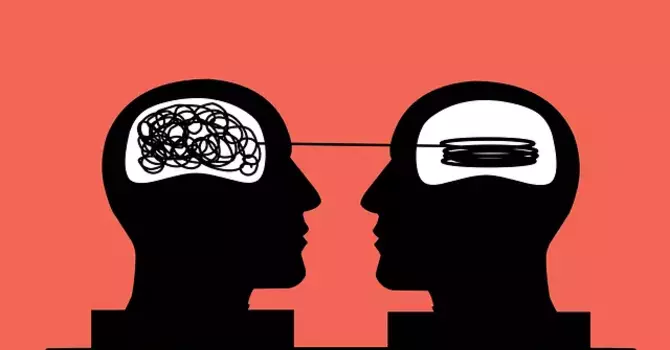
Emotional wounds, like physical injuries, can take time to heal. When past experiences leave us feeling stuck or overwhelmed, therapy options like Eye Movement Desensitization and Reprocessing (EMDR) can help. EMDR is a therapeutic approach designed to support emotional healing by helping individuals process difficult memories or feelings in a new way. Let’s explore how this method can guide you on the path to emotional recovery and well-being.
Understanding How EMDR Works
EMDR therapy is unique in its approach. It helps individuals process emotional pain and distress that may linger long after a troubling experience. Unlike some other forms of therapy that focus on talking through issues, EMDR uses techniques such as guided eye movements to assist the brain in reprocessing how memories are stored. This process can make once-distressing memories feel less overwhelming.
Although it may sound complex, many people find that EMDR provides a gentle way to work through emotional challenges that have been hard to overcome. Whether you're dealing with stress, grief, or past trauma, this therapy can offer a path toward emotional balance.
The Emotional Benefits of EMDR
One of the main goals of EMDR is to help individuals feel more at peace with their past experiences. By reducing the emotional intensity of troubling memories, individuals may find themselves better equipped to handle everyday stressors and emotional triggers. EMDR can foster a greater sense of control and emotional freedom, supporting personal growth and emotional health.
Here are a few key benefits of EMDR therapy:
- It promotes emotional resilience by helping you process difficult emotions in a healthy way.
- It helps release emotional tension, leaving you feeling more grounded and balanced.
- It can provide a sense of relief from past experiences that may still impact your present.
Staying Healthy and Moving Forward
As part of an overall wellness journey, EMDR can complement other self-care practices that encourage emotional balance. Maintaining a healthy lifestyle—whether through regular exercise, mindfulness, or simply taking time to relax—can support the emotional benefits you gain from therapy. When you feel emotionally aligned, it’s easier to stay healthy and avoid additional stress that might impact your well-being.
If you ever feel like past experiences are holding you back or contributing to emotional pain, it’s important to remember that professional care is available to help guide you through the healing process.
The content in this blog is for informational purposes only and is not a substitute for professional medical advice, diagnosis, or treatment. Always consult your doctor or a qualified healthcare provider before trying new healthcare protocols.



